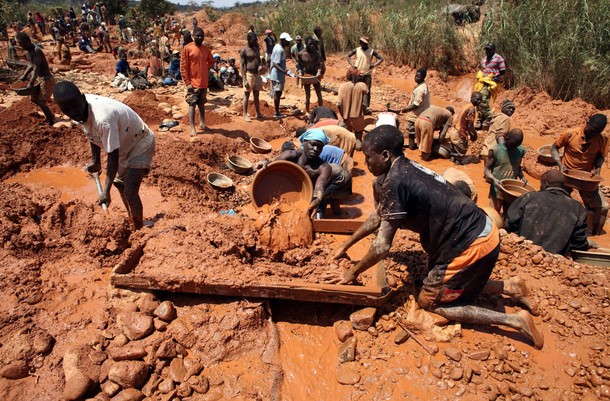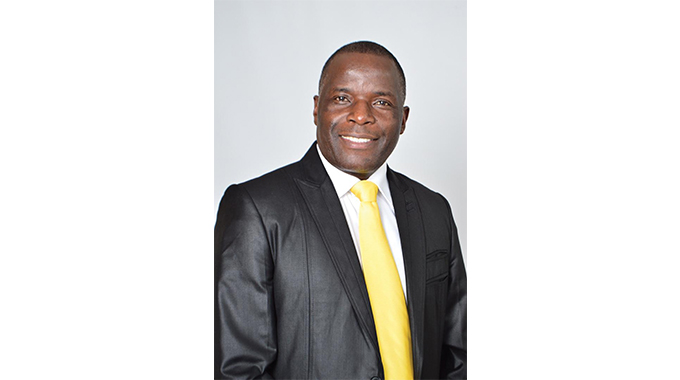Domestic tourism is the way to go

Melody Dube
THE hard blow on Zimbabwe tourism caused by Covid-19 has been an eye opener that it is now time to embrace domestic tourism more than international tourism.
Statistics from last year show that the contribution of tourism to the country’s Gross Domestic Product (GDP) declined with Trading Economics reporting that less than a million international arrivals were received. In 2019, the World Data Atlas recorded that the number of international arrivals for Zimbabwe was 2,29 million. However, this was also another decrease from the previous year according to the statistics from Zimbabwe Tourism Authority (ZTA) which said that arrivals fell by 11 percent to 2,29 million from 2,57 million in 2018.
Apart from other disturbances, these records can be blamed on the pandemic which came and disturbed international interactions such as tourism. In 2019, arrivals from Europe, America and Asia where Covid-19 first became intense were already declining. The ZTA predicted that the situation was to deteriorate further in 2020 given the negative effects of the Covid-19 pandemic.
Tourism is one of the main contributing sectors to the local economy, others being agriculture, mining and manufacturing. ZimTrade says the sector is key because of its ability to survive through harsh years and its ability to contribute to foreign exchange earnings and local employment.
Mr Sikhawuliso Sibanda, Director at Silwane Tours and Safaris and Silwane Nature Reserve said that tourism is one pillar that cannot be neglected in Zimbabwe.
“Tourism at its peak was contributing up to 15 percent to Zimbabwe’s GDP, which is massive. That is one pillar that cannot be neglected,” he said.
Mr Sibanda also explained that tourism had been greatly affected by the pandemic which is still affecting the world.
He said that the huge adverse impact that the pandemic has had on tourism and the economy at large was because much attention has always been put on international tourism over the domestic travel.
“For many years our systems have been always favouring international tourism. Even domestically, we have always believed that tourists are those people who come from outside the country to entertain themselves with what we have for attractions and leisure, so the planning and everything was always geared to support the international arrivals,” he stated.
It has come to light that relying on international tourism can be a disadvantage especially when situations such as the current pandemic arise.
“Due to Covid-19, tourism obviously took the hardest hit because the internationals suddenly stopped arriving without prior warning.
“The very clients were in countries hard hit by the pandemic than in Africa if we look at the numbers. At Silwane Tours and Safaris, we lost about four overlander bookings which were to come through Namibia to Victoria Falls.
“We were supposed to host them then across Matopo for site viewing then to Masvingo. Each booking was holding 65 people and we lost them which was a very big blow to the business,” he said.
Mr Sibanda suggested that Zimbabwe must intensify measures to promote domestic tourism.
“Before the pandemic, in January 2019, we had gathered with other practitioners and came up with an advocacy strategy of starting to look at domestic tourism. This was something which was in the works which maybe I can say that fortunately this pandemic happened because now there is full focus with all players involved to accommodate domestic tourism. I think domestic tourism is the biggest pillar that we have to embrace. We showcase what we have to our local consumers.
“This will bring positivity to the sector because if the domestic consumers enjoy the products, they are the same people who will then be advocating for their own country elsewhere in the world, unlike before when we had our people talking negatively about their country.”
Mr Sibanda believes that domestic tourism will even enhance the contributions of the whole sector. Global studies say that neglecting domestic tourism makes it very difficult for governments and other interested organisations to come up with consistent policies for sustainable development.
This is because local people are a key stakeholder for the tourism industry. Therefore, sustainable tourism development may not be fully realised unless it is driven by a vibrant domestic tourism.
Zimbabwe has a lot of sites that local people can visit but some locals are unaware of them.
For the thrust to grow domestic tourism to succeed, Mr Sibanda said, local people must be interested in discovering the beauty that is around them.
“In the past, most local (Bulawayo) people knew Victoria Falls as the only tourist destination around, which many had never been to as well. But if you look around Bulawayo, there are a number of places to visit. There is the Matopos.
We have Khami Monuments, the museums, the Lumene Falls at Esigodini and now we’ve got Silwane Nature Reserve coming up. The city itself is a historical capital. It is high time players made sure that the message goes across to the locals for them to start consuming domestic products,” he said.
The charges for tourism products have to be reduced to a level where the locals can afford, he added.
“Of course, there must be an understanding that maybe the budgets of the locals compared to the internationals will not be the same. However, when it comes to numbers and consistency, domestic tourism is the way to go.
“If we look everywhere around the world, say in America, you would not hear them saying they want people from other regions to come for tourism. They do not really care much because they enjoy domestic tourism.
“In those places, locals move from one corner of the country to another and repeatedly. This is something that we have to start packaging as well,” he said.
Mr Sibanda said that domestic tourism will be a suitable solution in case of any other disturbances of the Covid-19 magnitude come.
“Domestic tourism is going to be the solution in the future because it is a fact that we can live around our own dynamics. It takes too long for internationals to trust that Zimbabwe is now safe to visit.
“However, you find that with the locals, the moment that the Government says you can go ahead with the intercity visits, buses will be full in the following morning. That alone shows that we understand our situations better. Hence this has to be our future,” stated.
Mr Sibanda highlighted that tourism is not just about destinations. It works with other players such as transport, hotels, nature reserves and many others. If all these are functional, it means that hotels will be employing more because more people will be coming to use the facilities.
Restaurants will be hiring more because more people would need to eat. The parks will employ more people because they would need tour guides.
Tourism has a lot to contribute to the country’s economy, which is why it must be kept alive. Even investors prefer to associate themselves with areas that have got life in them.








Comments